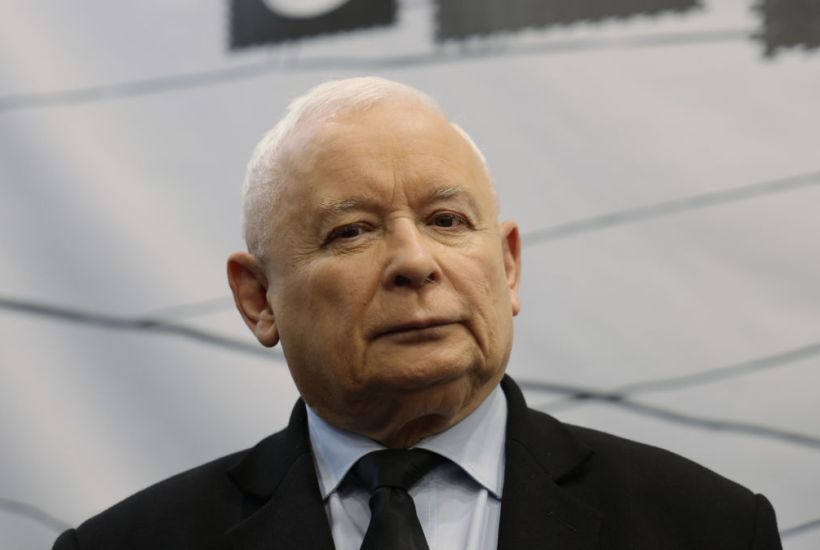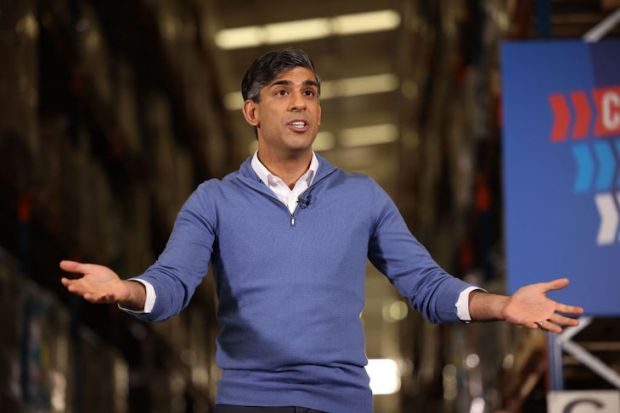After narrowly losing power in October’s parliamentary elections, Poland’s conservative Law and Justice Party (PiS) has spent the last four months battling the reforms of Donald Tusk’s ruling coalition. Jaroslaw Kaczynski, who co-founded PiS in 2001 and has served as its chairman since 2003, must now adapt to his role in opposition.
Already a subscriber? Log in
Subscribe for just $2 a week
Try a month of The Spectator Australia absolutely free and without commitment. Not only that but – if you choose to continue – you’ll pay just $2 a week for your first year.
- Unlimited access to spectator.com.au and app
- The weekly edition on the Spectator Australia app
- Spectator podcasts and newsletters
- Full access to spectator.co.uk
Or



















Comments
Don't miss out
Join the conversation with other Spectator Australia readers. Subscribe to leave a comment.
SUBSCRIBEAlready a subscriber? Log in